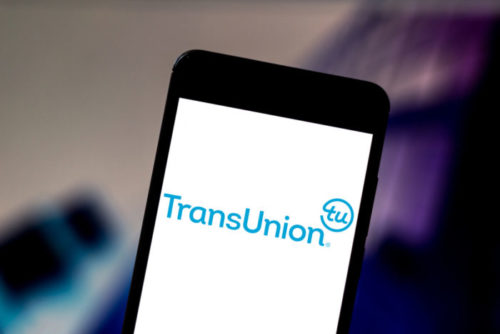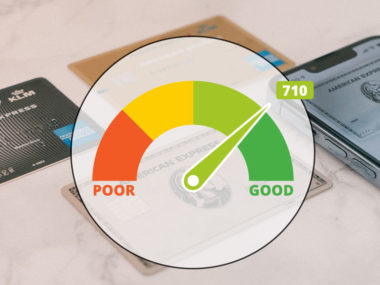Transunion is one of three credit reporting companies that offer free annual credit reports. Each of the three bureaus have similar calculation structures, but there are differences between their scores that can appear on your report.

Requesting your report helps you learn about your credit score and overall financial health. It’s important to understand your current score, how it’s calculated, and what’s currently affecting your report before you make a big financial move, such as applying for a home loan or credit card.
Table of Contents
How to Get a TransUnion Credit Report
You can request a free TransUnion credit report online. When you sign up to be a TransUnion member through the credit reporting company’s website, you also sign up for a credit monitoring service. This service costs $24.95 per month and provides you with unlimited score and report requests.
If you don’t wish to sign up for this credit monitoring service through TransUnion and simply want to request your free annual credit report, follow these steps:
- Visit AnnualCreditReport.com and click “Request your credit reports.”
- Provide the information requested, including your Social Security number, date of birth, and address.
- Verify your identity.
- Select the TransUnion credit report, and any other credit reports you’re eligible to receive as desired.
- Receive your credit report.
Once you’ve accessed your credit report, you may want to print the report if possible. This allows you to take your time reviewing the items on the report so you can identify errors, or to compare your different reports side by side.
How Is Your TransUnion Credit Score Determined?
Each credit reporting company gathers your information and uses specific criteria to determine your credit score. There are many financial factors and behaviors that TransUnion takes into consideration when calculating your score. The company looks at:
- Bankruptcies and collections: If your accounts have gone into debt collection or you have bankruptcies in your history, these issues affect your credit score.
- Late payments: When you make late payments to lenders and creditors, they’re reported and count negatively against you.
- Open and closed accounts: If you display responsible financial behaviors related to your open accounts, they may contribute to a higher score. If you close accounts abruptly or have several newly opened accounts, it may lower your score and creditworthiness.
- Hard inquiries: When you apply for a loan, credit card, or another financial product, the lender or institution makes a hard inquiry on your credit. If you have several hard inquiries, it may lower your score since it shows you’re attempting to take on more debt.
TransUnion: VantageScore vs. FICO
Experian, Equifax, and TransUnion all use one of two types of scoring methods when they generate your credit report — either FICO or VantageScore. FICO and VantageScore use similar metrics when calculating scores, however, they weigh different aspects of your score differently, which can cause discrepancies between them.
TransUnion uses the VantageScore 3.0 model both for their annual scores and their member scores. Because TransUnion uses the VantageScore model, they weigh things like credit inquiries and active debt less heavily than the FICO model, while payment history and age of your accounts are weighted more heavily.
TransUnion Credit Score Range
Lenders and financial institutions place prospective borrowers on a credit score range to determine whether they qualify for a loan or other transaction, as well as the specific terms they’ll offer if you do qualify.
The range you fall into depends on the credit scoring system the credit reporting company uses. Since TransUnion uses the VantageScore credit scoring system, your score will fall into one of the following ranges:
- Excellent: 750 to 850;
- Good: 700 to 749;
- Fair: 650 to 699;
- Poor: 550 to 649;
- Very poor: 300 to 549.
When you have a poor credit score, you’re considered a higher risk for lenders and financial institutions. If you qualify for a loan, you’re likely to be offered unfavorable terms, such as a large deposit or down-payment requirement and a high interest rate. On the other hand, individuals with excellent credit scores may qualify for exclusive terms or benefits.
What to Do With Your Free Credit Report
The first thing you should do when you receive your free credit report from Transunion is review it for errors or mistakes. If you find any erroneous items on the report, such as unauthorized inquiries, you’ll want to send a dispute letter to the credit bureau. A successful dispute can get an error removed from your credit report, and improve your overall credit score.
In the meantime, you might consider contacting a good credit repair company to help you if your score is low. These companies can help you make lasting improvements to your credit score.
Knowing what’s on your credit report is helpful if you’re planning to make big financial moves in the future. By requesting a free annual report from TransUnion, or becoming a TransUnion member, you can have a full picture of your financial standing. This could help you learn how to improve your score, increase your creditworthiness, and anticipate what types of terms you may be eligible for.
Image Source: https://depositphotos.com/






